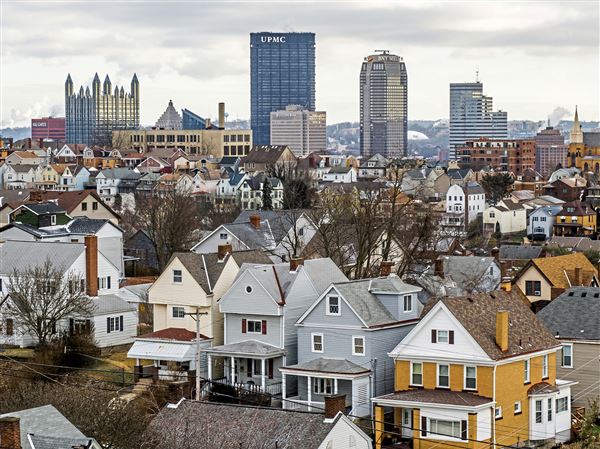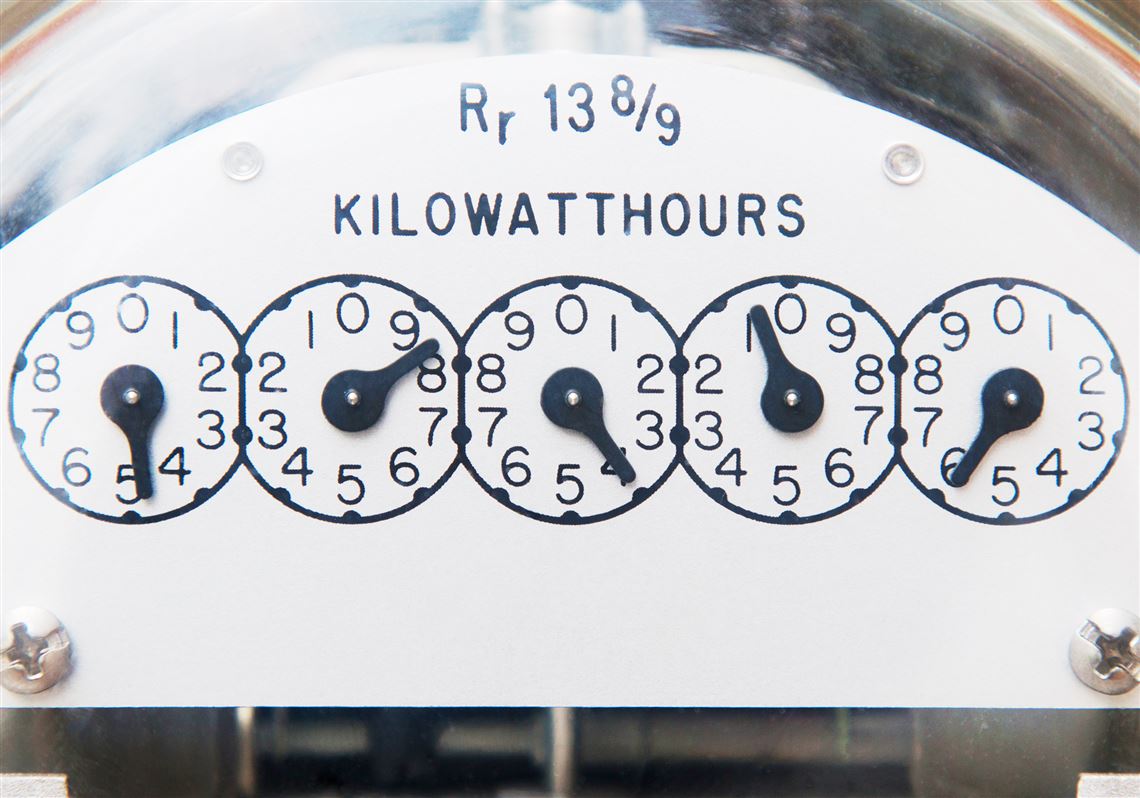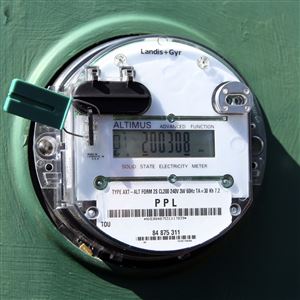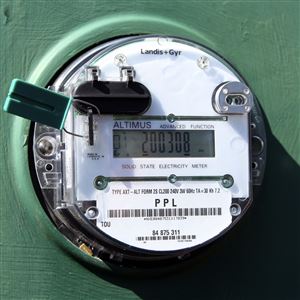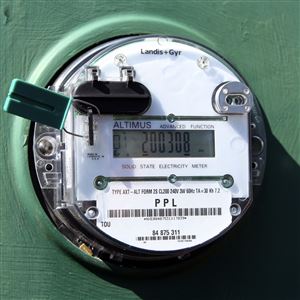Pennsylvania utility regulators approved rate increases for customers of Columbia Gas of Pennsylvania and FirstEnergy on Thursday, with utility bills set to rise over the coming weeks.
The monthly bill of an average residential customer of West Penn Power, one of five FirstEnergy Pennsylvania Electric Co. utility districts, will rise from $156.36 to $166.07, an increase of 6.2%. West Penn serves about 746,000 customers around southwestern and central Pennsylvania.
Customers of Penn Power, which has 173,000 customers in Allegheny, Beaver, Butler and other parts of Western Pennsylvania, will see a smaller, 4.5% hike. Their average residential bill will go from $180.59 a month to $188.72.
Akron-based FirstEnergy merged its four utilities into one entity last year, promising savings from the transaction that will be passed on to consumers. But the company said its rate case filing was too close to the merger to calculate those savings, which it promised to do during the next rate case.
As part of its settlement with stakeholders that was approved by the Pennsylvania Public Utility Commission on Thursday, the utility company agreed not to seek another rate increase before the second quarter of 2026.
The settlement allowed FirstEnergy to raise rates enough to secure $225 million in annual revenue increases, down from the original $504 million increase that the company sought in its request filed in April.
This is typical for a rate case proceeding in Pennsylvania, where a settlement usually results in a lower-than-requested rate hike and other conditions attached. For example, FirstEnergy agreed to improve its reliability metrics, vowing to decrease both the frequency of outages and their duration. It also pledged to contribute more funds to its customer assistance programs.
PUC Commissioner Kim Barrow said on Thursday she will be tracking FirstEnergy’s reported savings to ensure they are distributed as promised. She also asked the company to outline how it plans to keep up with expected increases in electricity demand.
“We are going through unprecedented load growth in their territories. Nothing like I’ve seen in my tenure at the commission,” Ms. Barrow said during the Public Utility Commission’s regular meeting. She asked the company to explain how that projected growth — led by the energy needs of data centers, electric vehicles, and expanded manufacturing — will be reflected in customer rates and the frequency of rate filings.
FirstEnergy’s new rates go into effect in January.
Gas bills to rise
Customers of Columbia Gas of Pennsylvania, which serves 445,000 accounts across the state, will see higher rates beginning Dec. 14.
A settlement approved by the PUC on Thursday will bring the average residential monthly bill to $128.06, up 9.1% from the current $118.16.
Small commercial customers will see a 9.8% increase, from $196.43 to $226.24 per month.
Columbia had originally asked for increases that would have hiked the average residential bill by 15.8%.
Its rate case involved a number of issues opposed by stakeholders that looked to guarantee revenue and minimize its own risk.
One was the continuation of the weather normalization adjustment currently in effect for Columbia customers, which calculates the difference between what Columbia has historically collected during a particular time of year and what it will collect if the weather diverges by more than 3% from historical trends. More than typical collections appear as a credit to customers, while under-collection is recovered as a surcharge.
That adjustment will remain in place until Columbia’s next rate case, the settlement stipulates. But a revenue normalization adjustment — which would have made up for less money paid to the utility in times of less demand — was withdrawn as part of the settlement.
Columbia had also proposed a municipal levelization charge, which would reward customers that live in municipalities where the cost for the utility to permit, pave and restore local roads after pipeline work is lower, and penalize those who live in communities where those costs are higher.
The utility specifically singled out the City of Pittsburgh and Perryopolis as municipalities with high costs and proposed charging Columbia Gas customers that live there an extra 70 cents each month, while residents of New Sewickley and Roscoe would get a monthly credit of $7.44 because their municipalities have lower restoration costs.
The settlement did not include a resolution on this issue and PUC chairman Stephen DeFrank said Columbia can’t take it upon itself to punish residents for the fees assessed by their municipalities.
“Using rates to approach this issue is not appropriate,” he said.
Since there is no statewide standard for such fees, Mr. DeFrank suggested this is a matter for the state Legislature.
First Published: November 21, 2024, 5:57 p.m.
Updated: November 22, 2024, 3:05 p.m.


